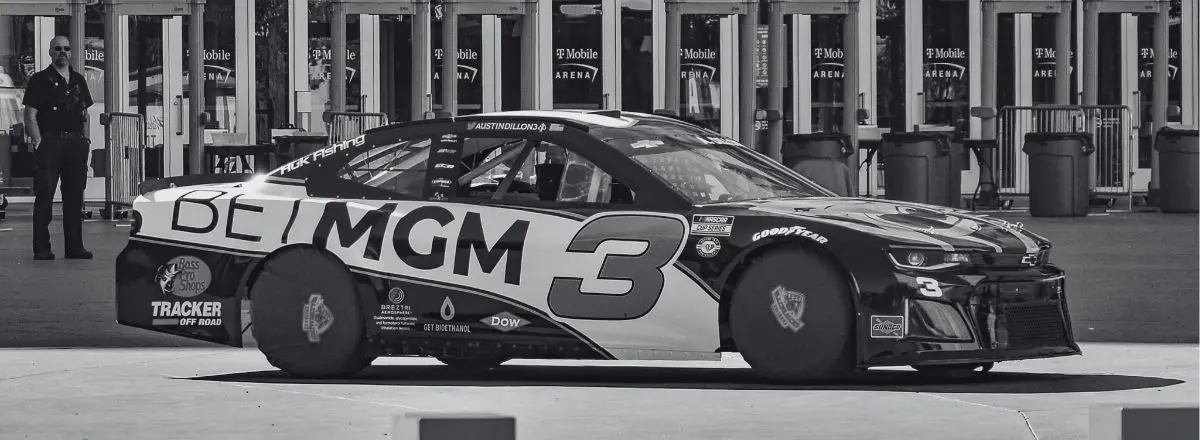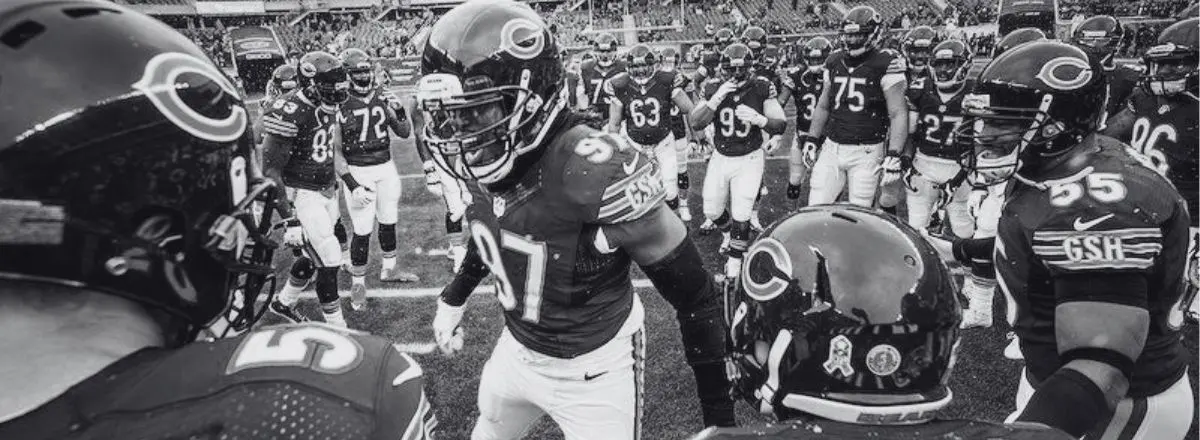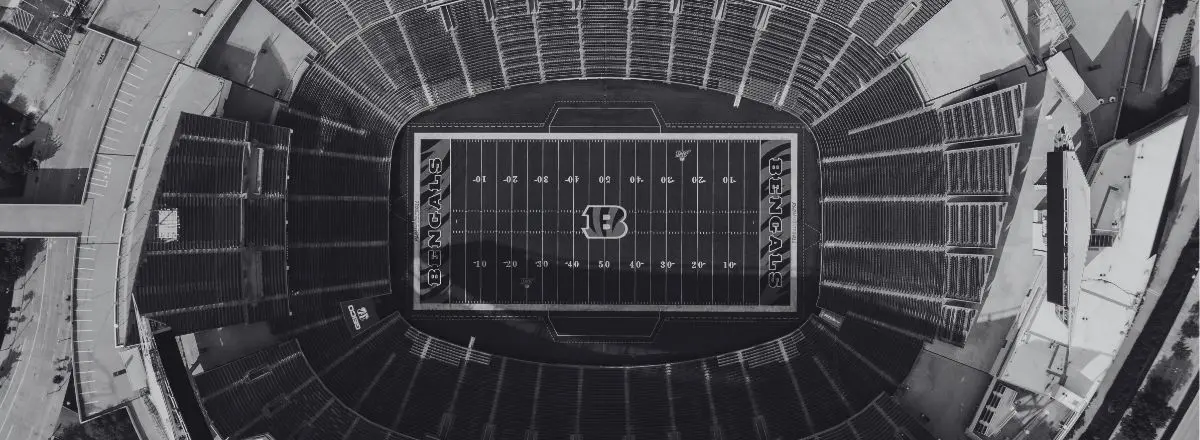Illinois sports betting operators are firing back at The Prairie State for raising taxes on their revenue and handle. Like always, the added expenses are being passed on to consumers.
Early last winter, Governor JB Pritzker introduced House Bill 4951. Its primary goal was to increase the fees assessed to those offering legal sports betting in Illinois. Though it was met with a ton of opposition from online sportsbooks in Illinois, the initiative successfully made its way through the House and Senate.
From the moment it passed, operators have basically hinted that their additional overhead will be met with more fees and stipulations. The different Illinois online sportsbooks are attempting to offset is fairly huge. When the bill was first approved, DraftKings estimated it would cost an extra $50 million for them to operate in The Prairie State during the 2025 calendar year alone.
To this end, it was only a matter of time before operators sought to recoup some or all of their rising expenses. And well, that time is apparently now.
Here is the Full Breakdown of the New Illinois Sports Betting Tax
Before we go any further, let’s first have a look at how the Illinois sports betting tax has changed. It is now broken up into brackets, aiming to assess higher fees to sportsbooks with loftier revenue streams. You can see the full breakdown below (as we outlined previously):
- 20 percent tax rate on gross revenue up to $30 million
- 25 percent tax rate on gross revenue between $30 to $50 million
- 30 percent tax rate on gross revenue between $50 to $100 million
- 35 percent tax rate on gross revenue between $100 to $200 million
- 40 percent tax rate on gross revenue over $200 million
The previous Illinois sports betting tax checked in at a flat 15 percent. So, just to put this change into context, let’s say a sportsbook generated exactly $200 million in gross gaming revenue. Under the prior laws, the operator would be required to pay $30 million in taxes. With the current rule in place, however, this number on the same amount of revenue would rise to $80 million—a difference of $50 million.
So, yeah, it was only a matter of time before sportsbooks fired back. And fire back they are.
DraftKings and FanDuel Now Have Fees on Individual Bets
The two biggest operators of online sports betting in the United States were the first to implement changes to their billing model. As Sam McQuillan of Legal Sports Reports notes, the two companies have added $0.50 charges to each bet that they process, with Fanatics following suit:
“FanDuel was first to announce a $0.50 fee per bet in Illinois, effective Sept. 1. DraftKings followed with the same plan shortly after. The two are the only operators that have accepted more than 20 million bets in a year in Illinois. Both companies cited the cumulative impact of back-to-back tax hikes as the reason for passing some of the cost on to customers and have said they will remove them if the state reverses its policy. Fanatics also announced a surcharge, though at a lower rate. The company said it will charge Illinois users $0.25 per wager, a move observers noted may reflect the operator’s lower expected bet volume relative to the 20 million threshold.”
A $0.50 charge (or $0.25 fee) does not seem like much in a vacuum. But it adds up when you traffic in the kind of volume that FanDuel and DraftKings do. For example, if they accept 20 million bets in any given year, this comes out to an additional $10 million in fees paid by the customer.
Though this figure doesn’t cover the money DraftKings, specifically, estimated it would lose, it does soften the blow. More importantly, it makes Illinois sports betting a more expensive proposition for state residents.
BetMGM and Hard Rock Bet are Implementing Wager Minimums
FanDuel and DraftKings are not the only Illinois sportsbooks firing back at the tax hike. As McQuillan writes, they are introducing minimum-wager thresholds to help offset their added expenses:
“BetMGM and Hard Rock Bet are introducing minimum wager thresholds for IL sports betting in response to Illinois‘ tax hike. Starting Wednesday, BetMGM requires all Illinois sports betting customers to stake at least $2.50 on all wager types, including straight bets, parlays, Same Game Parlays, round robins, and bonus bets. BetMGM notified customers of the change earlier this week. Hard Rock Bet implemented a similar policy, requiring a $2 bet minimum that similarly applies to all bet types. Both moves come after Illinois’ updated tax structure took effect on July 1.”
This is again a shift that doesn’t seem like much of a change. And it might not be. But complicated $1 parlays are a staple among bettors, particularly those on the younger side. If they are now forced to at least double that amount and BetMGM accepts 1 million of those wager types in a given, you’re looking at an additional $2 million gambled by customers.
That isn’t a ton of money in the grand scheme of the Illinois sports betting tax hike. Many of these wagers could end up being winning wagers—and therefore cost the sportsbooks more money. But anytime you raise the minimum on individual bets, you’re traveling down a slippery slope. It increases the chances that people are tempted to overextend themselves. No, a minimum of $2 or $2.50 does not technically do that on its own. But we also know that Illinois sports betting operators will start restricting the use of credit cards or raise the minimum required deposit amount. And you better believe the minimum threshold here will be substantially higher than $2.
Take a look at this list of the top online sportsbooks so you can find one that works for all of your sports betting needs:
-
 100% up to $400 + 50 Free SpinsPlay Now
100% up to $400 + 50 Free SpinsPlay NowT&C apply, 18+, Play responsibly
-
 50% bonus up to $250Play Now
50% bonus up to $250Play NowT&C apply, 18+, Play responsibly
-
 50% up to $500Play Now
50% up to $500Play NowT&C apply, 18+, Play responsibly
-
EXCLUSIVE BONUS
 225% up to $3,625Play Now
225% up to $3,625Play NowT&C apply, 18+, Play responsibly
-
 $500 Sign Up BonusPlay Now
$500 Sign Up BonusPlay NowT&C apply, 18+, Play responsibly












